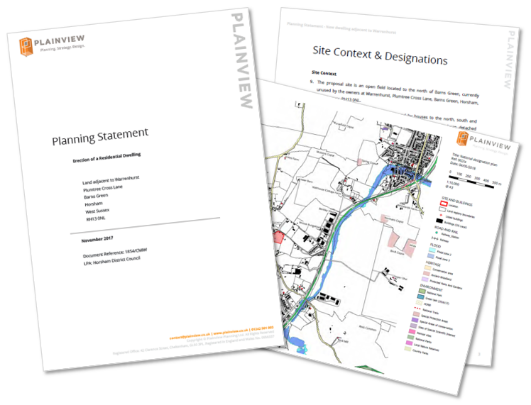Whenever an operator of a waste management facility requires a physical change to the site, planning permission from the local authority will be required in most of the cases. This could be for an increase in site tonnage, an extension to the working area or new tanks to improve containment (not exhaustive). In order to successfully obtain planning for any of these changes, WRM offers a complete planning application solution.
The process is as follows:
- In order to understand project requirements, our support package shall commence with a client consultation and draft of a scope of works. Following this, we will engage directly with the relevant local authority to source pre-application advice. Pre-application advice is always recommended by WRM. Through this advice, we can understand the necessary planning policies which need to be satisfied. It is important to note, pre-application advice can be variable in its quality and coverage and it may not always be considered comprehensive. Where these situations occur, WRM consultants have significant experience directly liaising with planning officers to ensure key elements or controversial aspects have been considered which may have otherwise been missed. For example, we would usually expect an application which has a significant impact on the local highway to contain a traffic impact assessment so if this requirement is missing, we would challenge this at the earliest possible opportunity. To reiterate this point, by undertaking pre-application engagement, WRM can add further value to the process by looking to steer the application, particularly in instances where the planning officer appears unsure or uncertain on the proposal, using our previous experience to create precedent for the application.
- Once the pre-application stage is complete, WRM shall produce the core deliverables – the Planning Statement and Design & Access Statement. In our experience these documents are always required alongside the necessary location and layout plans. Any additional component studies (such as a Noise Impact Assessment, Traffic Impact Assessment or Air Quality Impact Assessment) outlined at the pre-application stage, will be completed at this stage. It is important to note that development documents at a local level should reflect the national picture.
- Drawings are a key aspect of most applications and need to be in a specific format for the local authority to validate the application. For most applications, a location plan and a site plan are required. A location plan should be in a scale of 1:1250 or 1:2500 (scale adjusted depending on size of site), point north, outline the application boundary in red and outline any land in blue which is owned by the client but not featured in the application. A site plan should be in a scale of 1:200 or 1:500 (scale adjusted depending on size of site), point north, outline buildings and roads in the immediate area, any trees at the site and surfacing details (this is not exhaustive). WRM are able to offer the production of drawings as part of our planning works package. In addition to the above, other adhoc drawings may be required by the local authority or other statutory consultees, such as the Highway department, dependent on the contents of the planning application. These adhoc drawings could be in the form of elevation drawings to aid in the visualisation of a new building or a cross sectional drawing if a need road is being installed at a site.
- Once the full application is drafted, WRM would submit planning application via the national planning portal and provide confirmation to the client that it has been submitted. Fee charges for development are based on the ground cover/area of the project.
- When an application is received by the local authority, planning decisions are made in a two-tier approach. The planning officer reviews the application to make a recommendation based on their judgement and that recommendation is then taken forward to a planning committee who make the final decision. In some instances, such as small applications, the officer can have delegated powers to make a decision without going to committee.
Whether it be a planning application for a proposed development or support on a retrospective planning application, WRM have a vast technical knowledge and understanding of planning legislation allowing us to assist developers in successfully navigating the planning landscape.
